Islam in Rwanda: A Rise from Ashes of Genocide
Kigali, Rwanda - Mariam, a 16-old girl dressed in her full hijab, arrived punctually, accompanied by her mother, walking beside her with grace and tranquility. Her demeanor reflects the teachings of the noble faith she embraced just three years ago.
Mariam's meeting with Al Jazeera Net, hosted by Sheikh Rajabu, the ethics supervisor at the Al-Hidayah Islamic Institute in the suburbs of Rwanda's capital, Kigali, provided an intimate setting for her to share her story of conversion to Islam.
Born into a Christian family as the second of six siblings (four sisters and two brothers), Mariam was influenced by the behavior of her Muslim friends and was deeply impressed by their high morals. This initial impression left a positive mark on her heart, sparking her curiosity about Islam.
She was further inspired by what she heard and read about the positive role Muslims have played in Rwanda, both historically and in recent times. These experiences stirred her interest in Islam, leading her to seriously contemplate joining the faith that resonated deeply with her heart.
When Mariam discussed her desire to embrace Islam with her Christian parents, the decision wasn’t difficult for them. After brief contemplation, they wholeheartedly supported her decision. Her mother, Mohaweinemana, shared with a smile that all her other children followed in their sister's footsteps and converted to Islam, highlighting how normal it is in Rwanda for people to choose their own faith.
Within three years, Mariam memorized half of the Quran and is now learning Arabic, while her parents—who are contemplating conversion themselves—are busy creating a comfortable environment for their children to practice their new faith.
A Surge in Conversions: 1,000 New Muslims Every Month
Mariam's story led to a more extended conversation with Sheikh Musa Sindayigana, the Mufti of Rwanda and head of the Supreme Council for Islamic Affairs. He revealed that they welcome at least a thousand new Muslims each month. "It is very common in Rwanda to find individuals from Christian families embracing Islam," Sheikh Musa explained.
One significant factor contributing to the increasing conversions, according to Sheikh Musa, is the public debates between Muslim scholars and their Christian counterparts. These debates, some lasting up to three days, often conclude with many attendees converting to Islam. Eight special institutes welcome these new Muslims, guiding them through understanding their new religion.
Sheikh Musa also spoke about the culture of coexistence and acceptance prevailing in Rwanda between Muslims and others. He pointed out that Christians in the country celebrate Eid al-Fitr and Eid al-Adha with Muslims, participate in their events, and even welcome Muslim pilgrims with flowers and songs.
He praised President Paul Kagame and his government for opening doors to Muslim preachers and allowing them to freely spread Islamic teachings and invite people to Islam.
Historical Challenges: From Colonial Oppression to Community Resilience
Islam in Rwanda has not always enjoyed the same level of acceptance. It arrived in the country over a century ago with Muslim traders but soon faced colonial oppression. Belgian colonial rulers aimed to marginalize Muslims by denying them the right to build their own schools, forcing those who wanted education to attend church schools, where they had to change their names and risk conversion to Christianity. Muslims resisted by keeping their children out of these schools.
Moreover, the Belgians barred Muslims from pursuing pastoral and agricultural professions, crucial livelihoods at the time, forcing them into poverty. They were confined to isolated camps, only allowed to leave with a government permit—a situation that persisted from 1925 until Rwanda gained independence in 1962.
Muslims' Role in the Genocide and Their Positive Impact
Despite these hardships, Muslims in Rwanda maintained a positive reputation. During the 1994 genocide, Muslims played a crucial role in protecting Tutsi minorities from Hutu extremists, leaving a lasting positive impression on the nation, especially President Kagame, and elevating their status.
Matabaro Sulaiman, a former Catholic pastor, shared his experience with TRT World few years back, recounting a crisis of faith during the genocide when churches, traditionally seen as sanctuaries, became sites of violence. Witnessing Muslims sheltering people in mosques inspired him to convert to Islam.
Since colonial times, Roman Catholicism dominated Rwanda. However, following the genocide, Islam has emerged as a refuge for many disillusioned Christians. Before the genocide, Muslims constituted just 1% of the population. Today, although no formal census has been conducted, it is estimated that 12% to 15% of Rwandans identify as Muslim, according to Salim Habimana, a former Mufti of Rwanda
Sheikh Musa and other Muslim leaders have shared how President Kagame has repeatedly encouraged Muslims to spread their compassionate values that inspired such honorable actions during the genocide.
Many Rwandan officials now believe that the spread of Islamic values in the country has helped reduce crime rates, family disputes, and alcohol addiction. Consequently, they actively encourage Muslims to promote these teachings.
To honor the contributions of Muslims, who make up approximately 15% of Rwanda's 15 million population, President Kagame declared Eid al-Fitr and Eid al-Adha as public holidays. Many Muslims also hold high positions, including the Chief of Staff of the Army, Deputy Speaker of Parliament, two government ministers, and several members of parliament and senators. Muslims also serve as mayors, directors in various institutions, and officers in the army.
Opportunities and Challenges Ahead
During his interview with Al Jazeera Net, Mufti Sheikh Musa Sindayigana discussed the general state of Muslims in Rwanda, highlighting both opportunities and challenges. He gave a brief overview of the Supreme Council for Islamic Affairs, established in 1964, which serves as the official representative body for Muslims, coordinating with the authorities to oversee their welfare and community development.
The council manages all 456 mosques in the country, appoints preachers and imams, and focuses on training and developing scholars and preachers to spread Islamic teachings.
While the increasing number of Christian converts to Islam presents an opportunity, it also poses a challenge due to the limited resources available to the council to accommodate and educate them adequately.
Sheikh Musa used the interview as an opportunity to appeal to Islamic organizations in the Arab and Muslim world to intensify their efforts in Rwanda, to better serve new Muslims and provide support to the council in fulfilling its duty to Islam.
He also urged Islamic organizations to establish a Waqf (endowment) institution to fund missionary activities and offer scholarships to Muslim students, which would positively impact the overall situation of Muslims in Rwanda.
The story of Islam's rise in Rwanda is not just one of conversion but also of resilience, coexistence, and a continuing journey towards greater understanding and unity among the country's diverse communities.
Sources:
https://www.trtworld.com/africa/from-the-ashes-of-genocide-islam-rises-in-rwanda-12724070
Disclaimer
The views expressed in this article are the author’s own and do not necessarily mirror Islamonweb’s editorial stance.

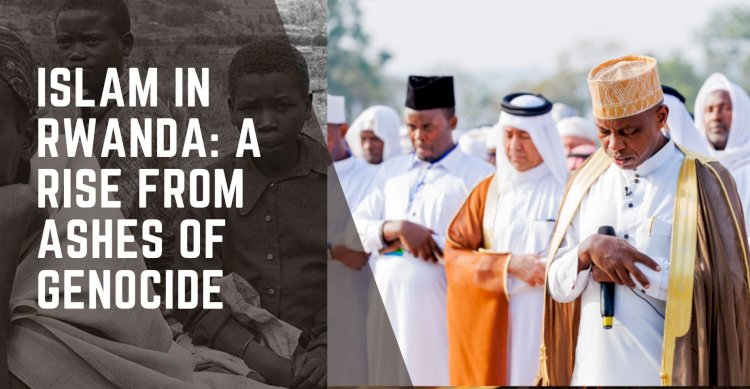


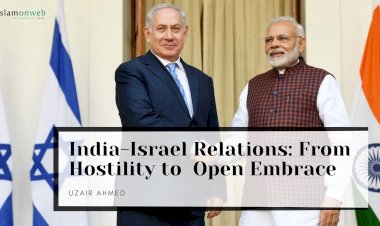
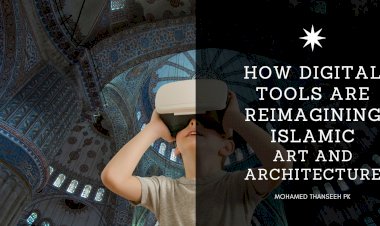
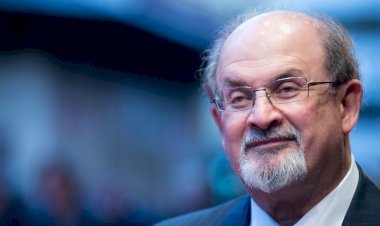
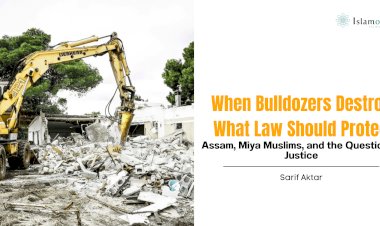

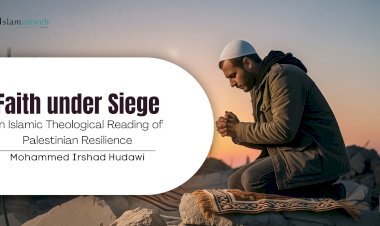














Leave A Comment